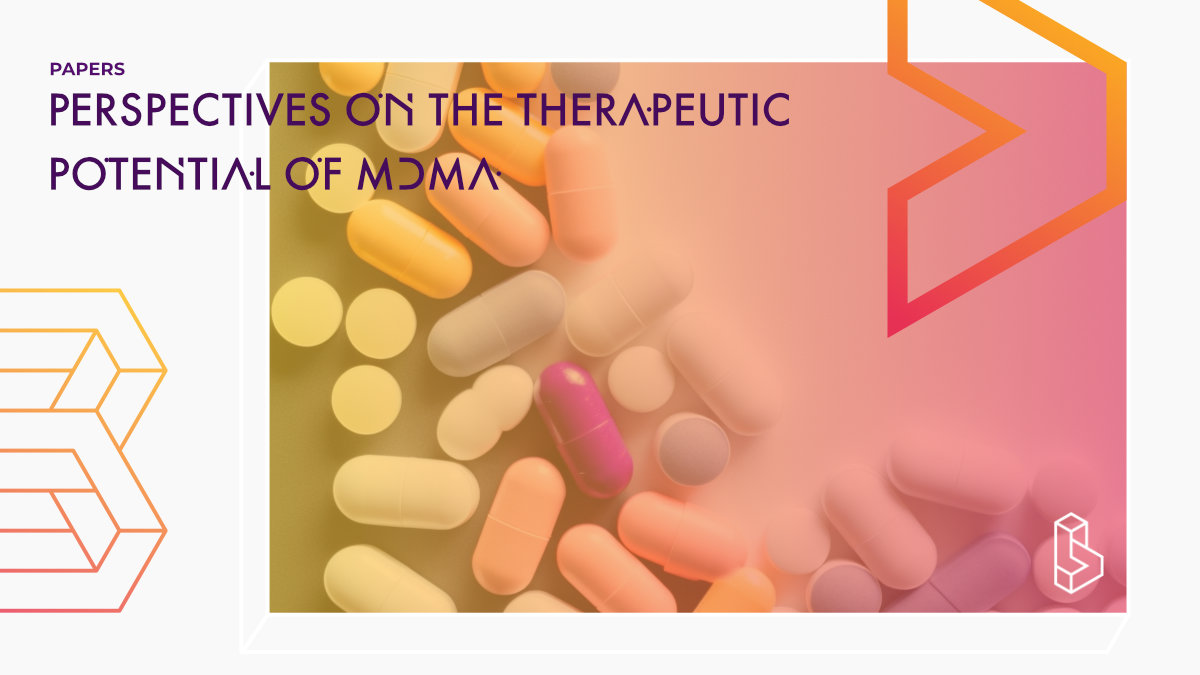This survey (n=918) of self-reported substance abusers finds that the majority support research into MDMA-assisted therapy (68%). Six out of ten would be willing to try it if appropriate for their situation.
Abstract
“Background: Alcohol and other substance use disorders are commonly associated with post-traumatic stress disorder (PTSD), and the presence of these comorbidities is associated with worse treatment outcomes. Additionally, disparities in substance and PTSD prevalence have been associated with minority races and ethnicities, and minorities have been shown to be less likely to engage in treatment. Psychedelic-assisted treatments, including 3,4-methylenedioxymethamphetamine (MDMA), have shown preliminary trans-diagnostic effectiveness, however it is unknown how individuals with substance use disorders view the therapeutic potential of MDMA therapy. Previous studies have also shown that minority races and ethnicities are under-represented in the MDMA trials, leading to concerns about inequitable access to clinical treatment.
Methods: To explore demographic characteristics related to patient-level perspectives on the therapeutic potential of MDMA-assisted therapy, this study describes data from a nationwide, cross-sectional survey of 918 individuals self-reporting criteria consistent with alcohol or substance use disorders.
Results: Overall, a majority of individuals reported support for medical research of MDMA (68.1%), belief that MDMA-assisted therapy might be a useful treatment (70.1%), and willingness to try MDMA-assisted therapy if it were determined to be an appropriate treatment for them (58.8%). No race or ethnicity differences were found in support for further research or belief in effectiveness, however there were small disparities in terms of willingness to try MDMA-assisted therapy and concerns related to use of this treatment approach.
Conclusion: These results provide insights and future directions as the field of psychedelic-assisted therapy seeks to provide equitable access to clinical care and to diversify research participation.”
Author: Jennifer L. Jones
Summary of Perspectives on the therapeutic potential of MDMA
Substance use disorders are highly prevalent globally, and are commonly associated with other mental health disorders, including post-traumatic stress disorder. Individuals with substance use disorders are more likely to experience traumatic events and to develop PTSD, and individuals with primary PTSD are more likely to develop substance use disorders.
In some studies, individuals identifying as American Indian or African American Indian were more likely to report symptoms consistent with PTSD and to have an elevated prevalence of lifetime PTSD compared to individuals identifying as non-Hispanic White. Additionally, an increasing body of research supports the development of PTSD symptoms in response to race-based trauma.
Find this paper
https://doi.org/10.3389/fpsyt.2023.1096298
Open Access | Google Scholar | Backup | 🕊
Cite this paper (APA)
Jones, J. L. Perspectives on the Therapeutic Potential of MDMA: A Nation-Wide Exploratory Survey Among Substance Users. Frontiers in Psychiatry, 14, 586.
Study details
Compounds studied
MDMA
Topics studied
Addiction
Population Surveys
Study characteristics
Survey
Participants
918
Humans
